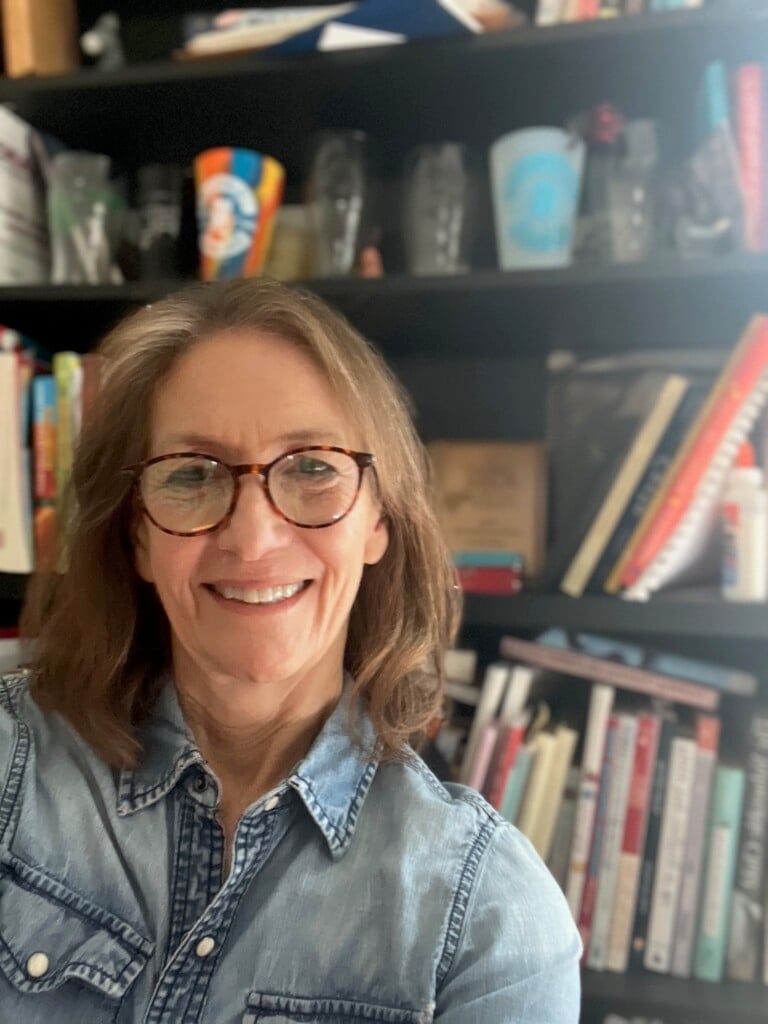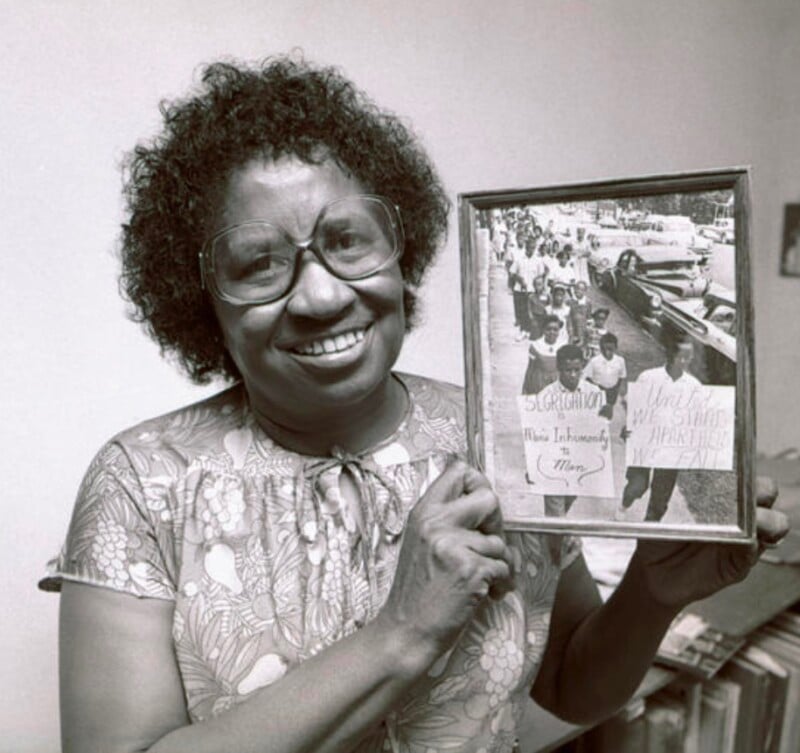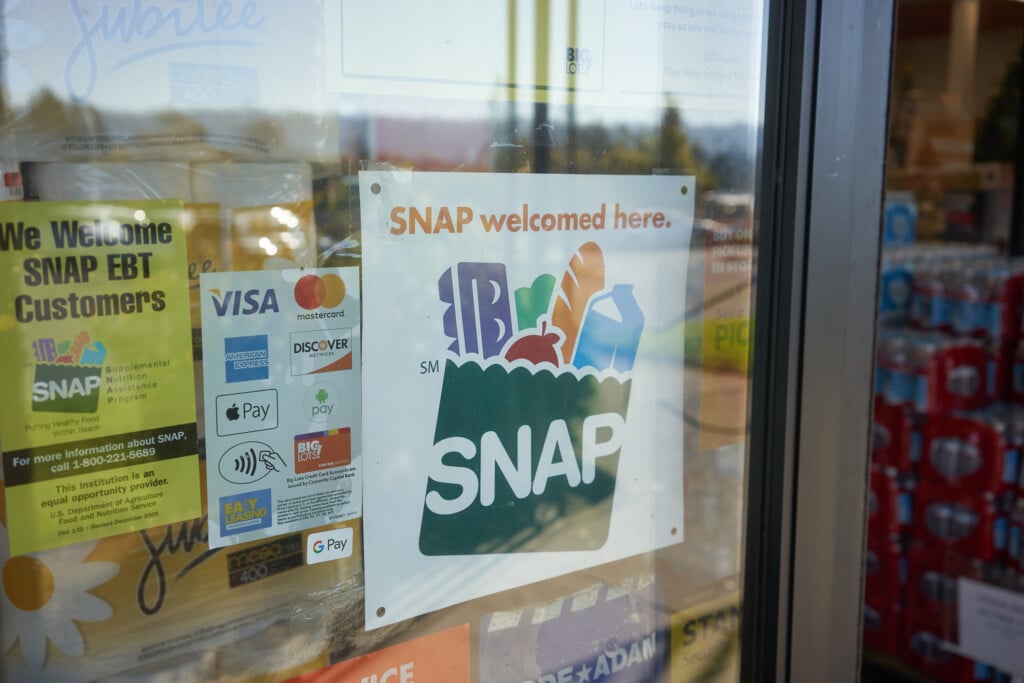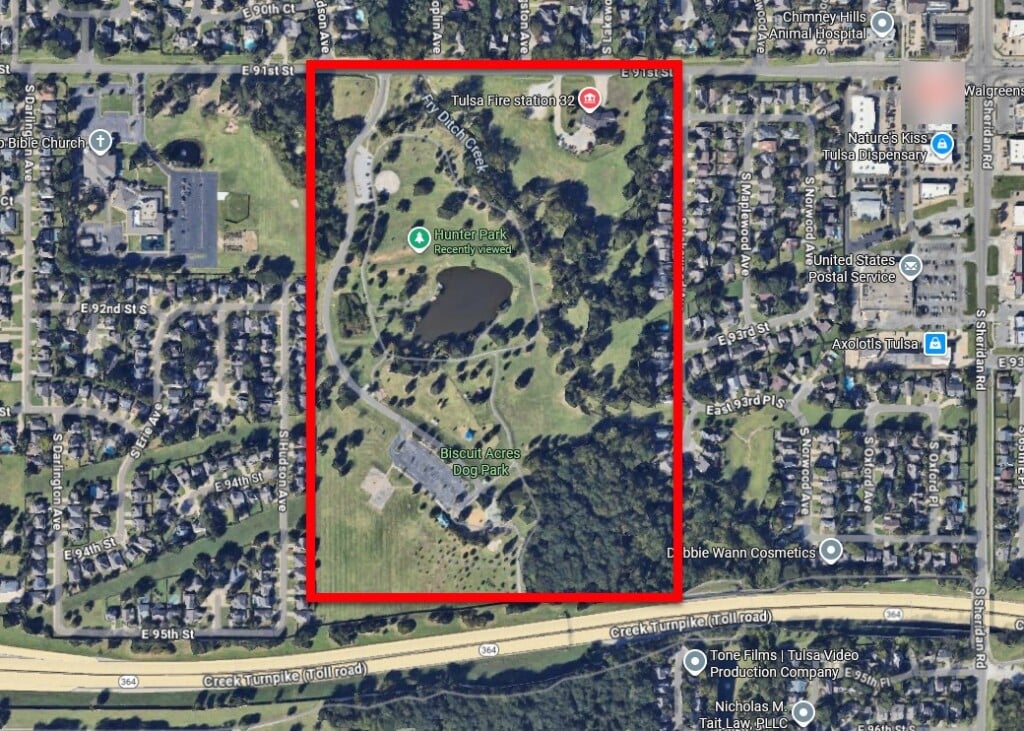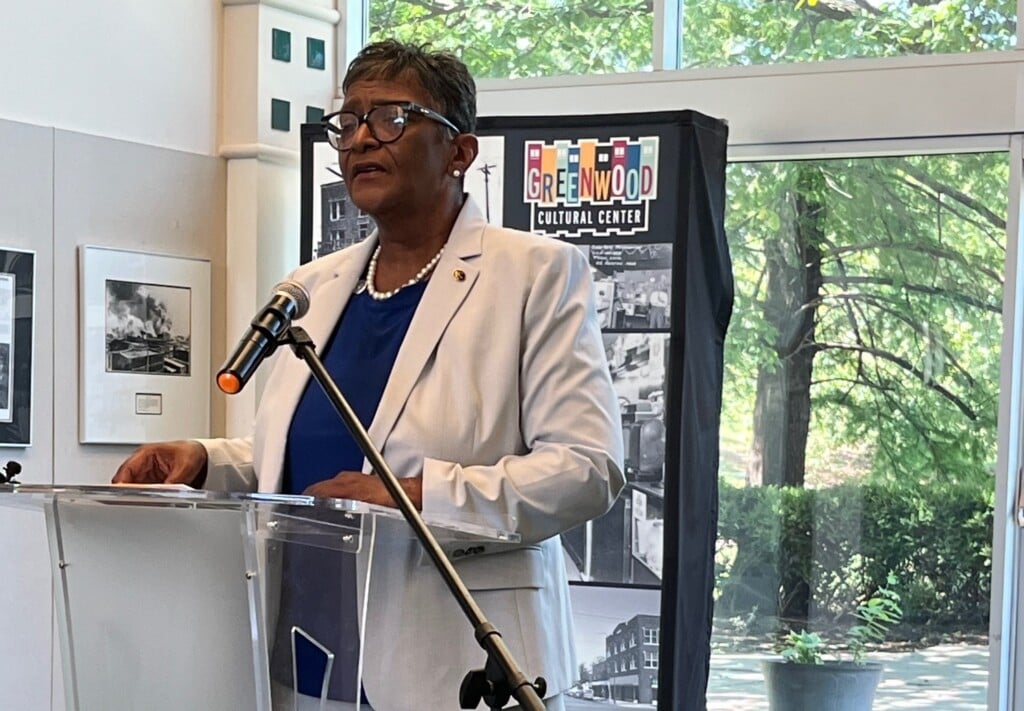Every Caregiver Has a Story: Here’s Mine
Extra-long twin bed sheets. Four towels. Lotion. Shampoo. Slippers. Ten pairs of socks. As I wandered the aisles of Target, checking each item off my list, it struck me how many times I had done this for my children’s camps, or new dorm rooms or apartments at various colleges and universities. Those times were filled with anticipation and fun. I never thought I’d be doing it for my 95-year-old mother, who was moving from her home in Stillwater to a memory home in Tulsa. There was no joy in it, only dutiful loneliness.
My sister had been living with our mom and caring for her with the help of a hospice team and hired home health care. I would go relieve her for a few days most months. Anyone who has been a caregiver knows what a difficult job it is. As our mother’s dementia worsened, we knew that we could no longer care for her at home and keep her healthy and safe.
According to data from 2020, there are 41.8 million people in the U.S., who, like my sister, were providing unpaid care to an adult over age 50. Almost 90% of those caregivers are caring for a loved one, relative or spouse. Most caregivers are women, many have jobs and more than a third have children or grandchildren living with them.
I’m grateful that my sister’s care allowed our mom to stay in her home longer than she would have without a live-in caregiver. Many caregivers are forced to quit jobs in order to stay with a chronically ill or aging family member. The impact on the caregivers’ ability to earn a living, contribute to the economy and save for their own retirement is enormous. Caregiving also takes a toll on a person’s physical and mental health.
Having our mom in a living situation that we trust is a relief, but the emotions are difficult. Even though my sister knows that our mom is getting good care, she misses having her at home. Suddenly the caregiving task is gone. My role is to be the go-to person. I get almost daily calls and texts about my mom’s health, sometimes pictures of what she’s doing, and the late-night call that she had slid out of bed. I appreciate the good communication. I feel like a partner in my mom’s care. More of my time is taken up going to visit her, which I love. But that is a new piece to fit into my schedule.
With the changes and relief, there is guilt. It isn’t what I envisioned for our mom at the end of her life. We are fortunate that our parents were frugal and that my dad had good retirement from OSU. My mom has money to pay for care. I know we are lucky. Many people do not. The average cost of 24-hour, in-home health care in the U.S. is $17,472 per month. Of course, it can vary greatly by state, and it depends on the kind of care people need. Memory care homes like the one our mom is in allow her to have the care she needs in a place where the staff understands dementia and Alzheimer’s. It is expensive, but less than the level of care we would have needed for her at home.
But it is not her home. And, even with her dementia, she knows that.
The day in December that I drove her from Stillwater to Tulsa was a sunny, cloudless day. She sat next to me with a slight smile on her face, enjoying being out of the house. It was impossible to explain where we were going and why. I think she assumed that I was taking her to my house for a visit. I was holding back tears, a lump in my throat, trying to be cheerful.
I thought of the big, mid-century modern split-level house that my parents had planned and built in Stillwater. I remembered the interior design professor that my mom had enlisted to help her decorate. I remember watching my dad and his dad build a brick patio in the back. They did such a good job that it’s still there 50 years later. It was their dream home. I loved growing up in that house, and I have so many memories of my kids going to visit their grandparents there. They also have treasured memories of spending time with grandparents who adored them.
As we drove away, it occurred to me that it would be the last time that my mom would see her home. When we drove up to the memory care center, I could tell that she knew. Her smile disappeared. It’s one of life’s hard things. My mom has endured many. I wish that things could be different this time. And I wish that it wasn’t me making the hard decision, but it was done with love. It just doesn’t feel good.
Have any of you experienced caregiving of a loved one? I’d love to hear your experience.


